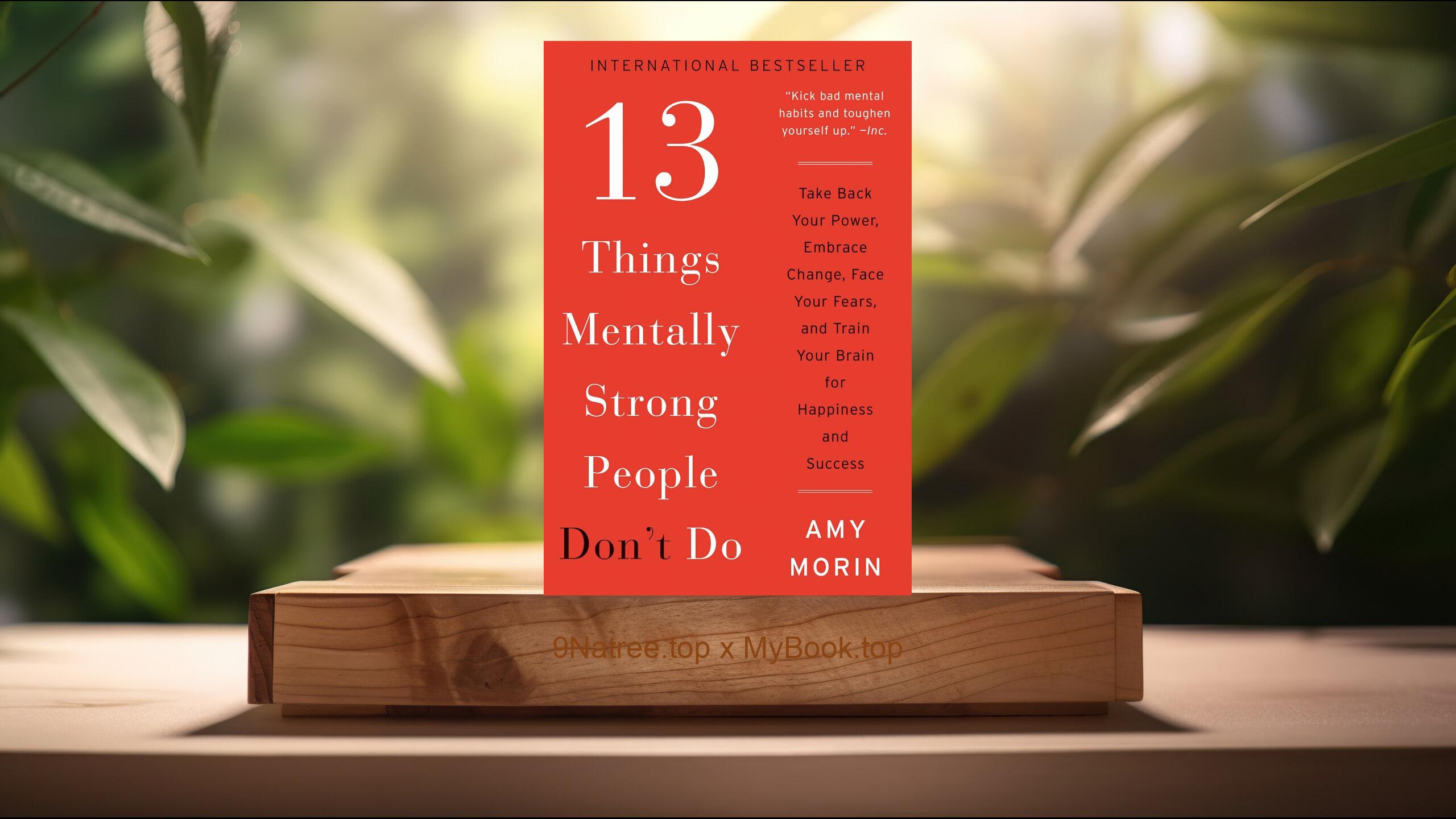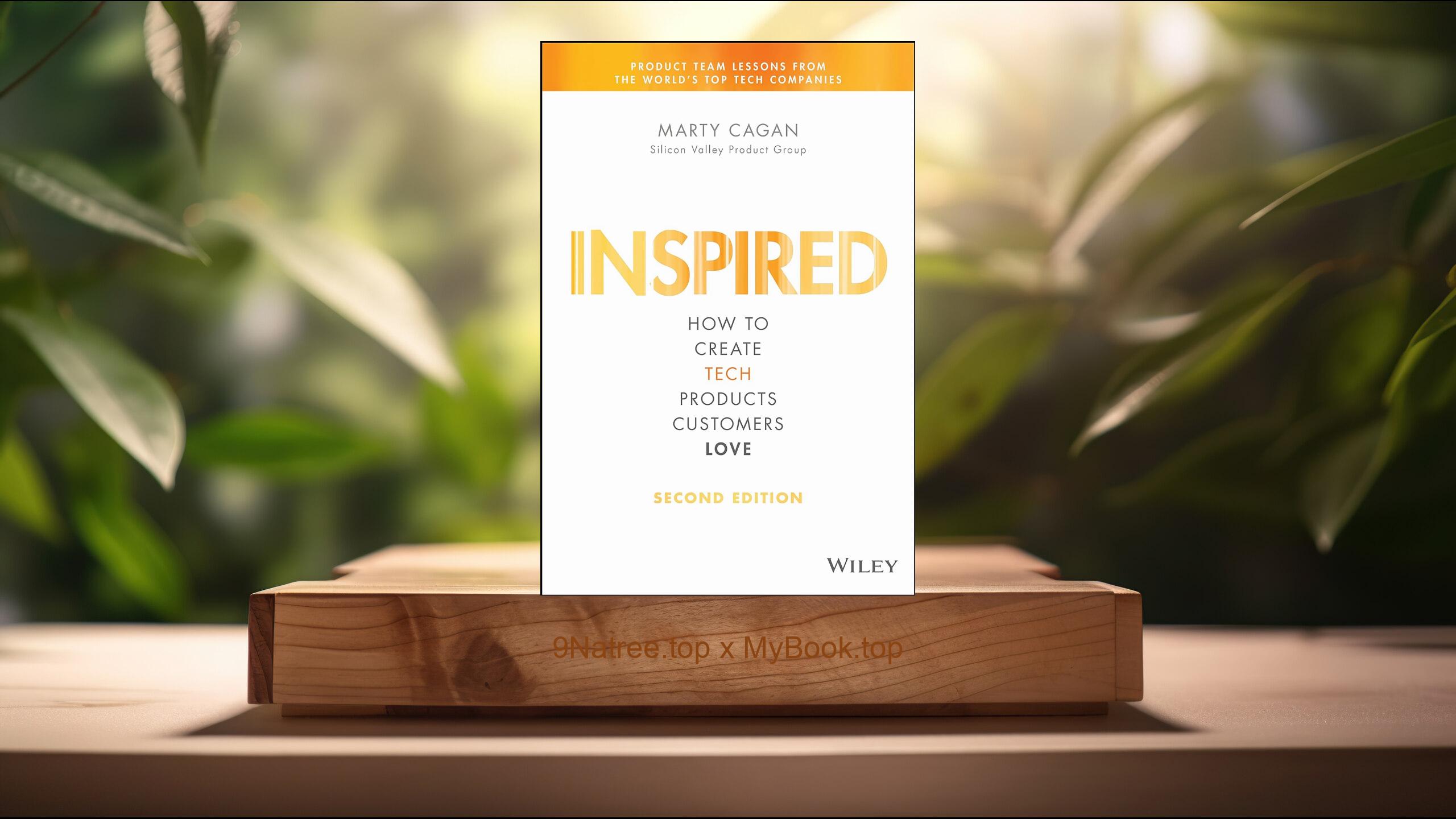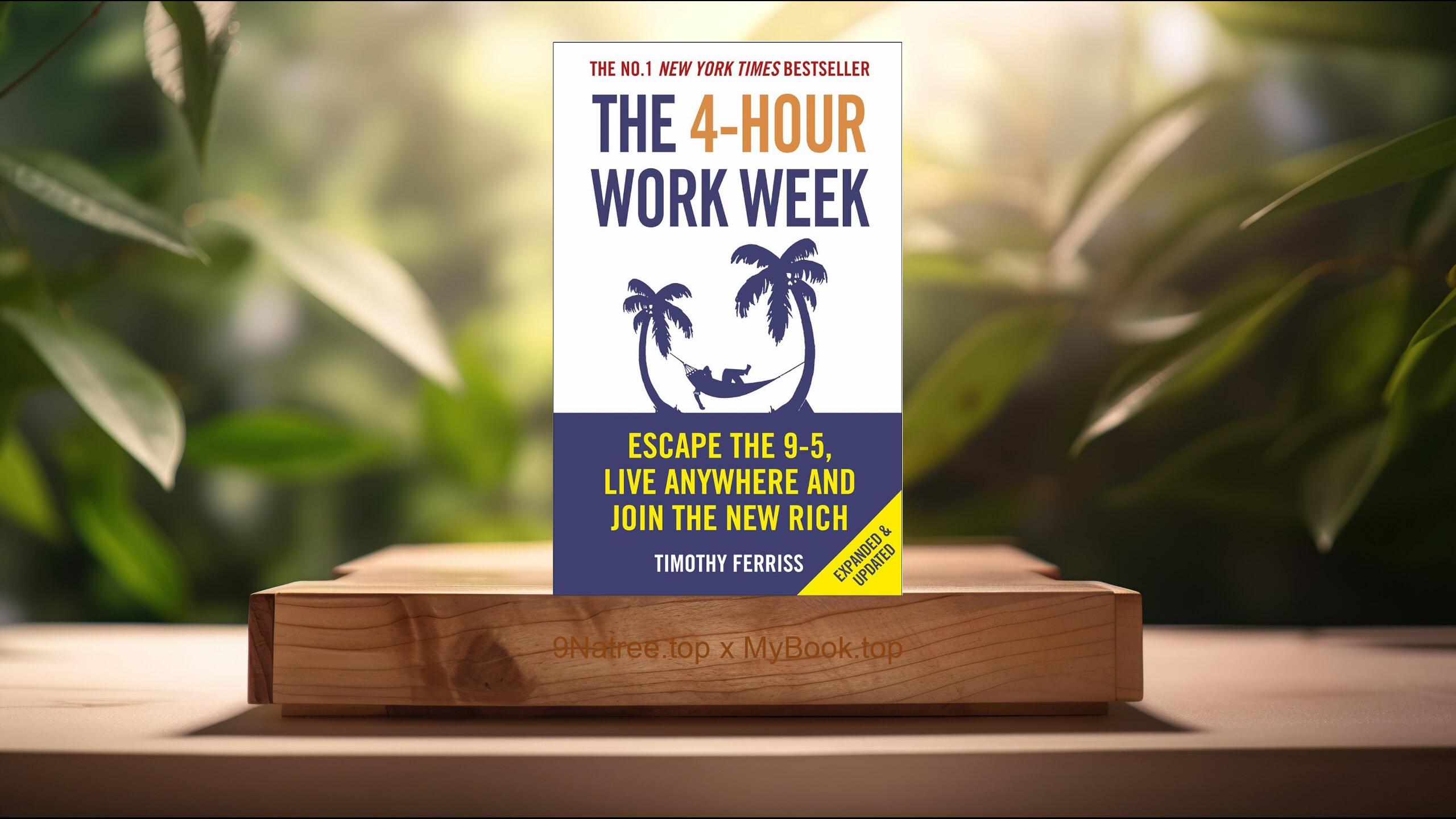Show Notes
- Amazon Books: https://www.amazon.com/dp/B00W0LQN6W?tag=9natree-20
- eBay: https://www.ebay.com/sch/i.html?_nkw=The+Midnight+Disease+Alice+W+Flaherty+&mkcid=1&mkrid=711-53200-19255-0&siteid=0&campid=5339060787&customid=9natree&toolid=10001&mkevt=1
- Read more: https://mybook.top/read/B00W0LQN6W/
#CreativeBrain #WritersBlock #NeurologyofCreativity #PsychologyofWriting #WritingMotivation #LiteraryGiants #MentalHealthandCreativity #TheMidnightDisease
These are takeaways from this book.
Firstly, The Neurology of Creativity, Alice W. Flaherty's 'The Midnight Disease' delves into the complex neurology of creativity, showing the reader how intricate processes within the brain contribute to the drive to create written works. Flaherty discusses various neurological conditions, such as hypergraphia (an overwhelming urge to write) and its counterpart, writer's block, explaining how these can be manifestations of the same underlying neurological pathways. The function of dopamine and its impact on creativity, as well as the role of the temporal lobes in the generation of ideas, are key points. Through a blend of scientific research and personal anecdotes, the book illuminates how our brains are not just passive vessels for inspiration but actively shape our creative output.
Secondly, The Psychology behind Writing, Beyond the neurological underpinnings, 'The Midnight Disease' also examines the psychological aspects of writing. Flaherty explores the motivations, fears, and aspirations that drive writers, drawing connections between the personal history of individuals and their creative output. She considers how incidents of trauma, mental health struggles, and moments of great personal significance can fuel the creative fire or douse it, leading to writer's block. The exploration into the psychology behind writing uncovers how our emotions and experiences are inextricably linked to our creative expressions, providing readers with deeper insights into the often-tortured psyche of writers.
Thirdly, Writer's Block: A Closer Look, One of the central themes of 'The Midnight Disease' is writer's block, a condition that has plagued many writers, from amateurs to seasoned professionals. Flaherty offers a comprehensive analysis of writer's block, viewing it not just as a lack of inspiration but as a complex interplay of neurological and psychological factors. She discusses strategies for overcoming writer's block, emphasizing the need for a holistic approach that addresses both the mind and the body. Through discussions of various cases, including her own experiences, Flaherty provides hope and practical advice for writers trapped in the silence of blocked creativity.
Fourthly, The Echoes of Literary Giants, Flaherty enriches 'The Midnight Disease' by weaving in the experiences and habits of some of history's most celebrated writers. From the manic productivity of Jack Kerouac to Virginia Woolf's battle with mental illness and its impact on her work, the book highlights how the creative brain has manifested across different epochs and literary styles. These historical examples serve to contextualize the scientific and psychological discussion within a broad literary tradition, strengthening the book's argument that creativity is a complex, multifaceted phenomenon that cannot be fully understood without looking to those who have struggled and triumphed over their midnight disease.
Lastly, Creative Drive and Mental Health, Flaherty's exploration into the link between creative drive and mental health is a crucial aspect of 'The Midnight Disease.' She proposes that the same traits which contribute to prolific writing can also predispose individuals to mental health challenges. The delicate balance between creative genius and psychological stability is examined through the lens of bipolar disorder, depression, and other mental health conditions. Flaherty suggests that understanding and managing these aspects of mental health are essential for harnessing one's creative potential while maintaining personal well-being. This topic not only contributes to the destigmatization of mental health issues among creative individuals but also offers insights into managing the highs and lows of the creative process.
![[Review] The Midnight Disease (Alice W. Flaherty) Summarized](https://episodes.castos.com/660078c6833215-59505987/images/1773357/c1a-085k3-33z21v9dujp-lvzkqc.jpg)




